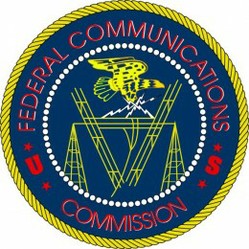February 9, 2013
Though the plan was implemented in 2007, the BellSouth lawsuit kept the plan tied up in the courts for just over a year. Groundbreaking took place in February 2008 and the first customers were added to the system by early February 2009, when that the city’s fiber network came online. By 2012 it was paying for itself.
This year, 2013, it is destined to start turning a profit.
LUSFiber is a going concern. By the way, LUS stands for Lafayette Utility System. As such is is part of the city run services for water, power, and sewage.
City-Parish President Joey Durel predicted that soon, the fiber network will turn a profit. Lafayette now offers residents and businesses one of the fastest Internet connections in the nation. That's right, a city run service is running circles around the big boys.
Government or Private Enterprise
The FCC has endorsed plans for cities to provide high-speed Internet. But this has stirred a debate; should high speed internet be the sole prevue of companies or should Internet access be provided by the government like water and sewage.
“The common argument was — because we’ve all been taught this in civics — that government shouldn’t compete in the private sector. And I saw this as not so much government competing with the private sector — I told my citizens, I didn’t see BellSouth as the private sector. I read somewhere that they got more government subsidies at that time than any other corporation in America. That’s quasi-government, in my opinion. That’s not the little shoe store on Main Street." --
Joey Durel former chair of the Greater Lafayette Chamber of Commerce






 Crêpes and Crêpe Disheson 09/14/2016
Crêpes and Crêpe Disheson 09/14/2016
 About Me - Liam Beanon 11/28/2014
About Me - Liam Beanon 11/28/2014
 About Ebolaon 11/08/2014
About Ebolaon 11/08/2014



Comments